Here’s How Biden Could Trump-Proof NATO
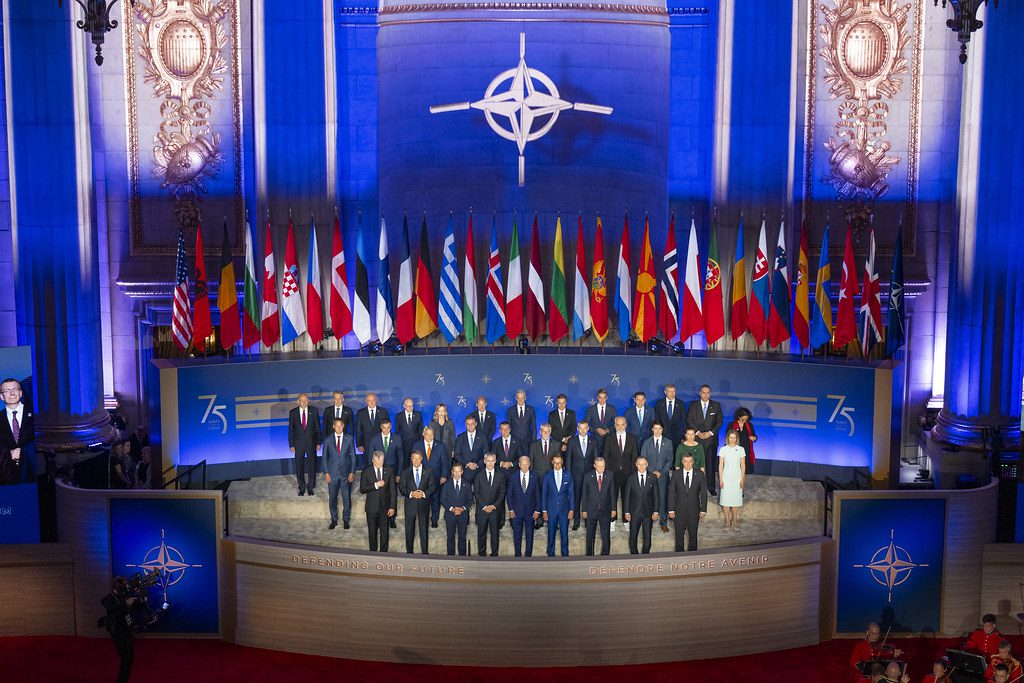
Europe deserves a more equal partnership. It doesn’t need or want the US to be its dominant protector.
At the recent presidential debate, President Joe Biden asked Donald Trump a simple question: Are you going to stay in NATO? Trump fell cryptically and uncharacteristically silent – and then shrugged, sending chills down the spines of our staunchest allies.
NATO, the mutual-defense alliance co-founded by the U.S. 75 years ago, has defended Western democracies since the dawn of the Cold War. Now it faces a threat from America itself. As the 32 NATO member states gather in Washington today for their annual meeting, they’re haunted by the ghost of the recent past and the possible future. At the 2018 Brussels summit, then President Trump nearly withdrew the United States from NATO. And if the polls are to be believed, Trump’s return to power to finish off that job is a terrifying, and very possible, future.
NATO defense spending has surged this year, with European members boosting spending by 19% in real terms, a significant jump from 3% annual average in the previous decade, according to an analysis by the International Institute for Strategic Studies. Trump’s defenders say it’s his tough talk that forced other NATO members to pay closer to their fair share, or 2% of their respective GDPs toward defense spending. But Trump’s former national security advisor-turned-critic John Bolton says Trump’s “goal here is not to strengthen NATO; it’s to lay the groundwork to get out.”
Biden needs to do much more than sound the alarm over this doomsday scenario. He needs to act, implementing policies that can protect NATO even if Trump returns to power. To do this effectively, he must face two hard truths.
…

Mark is a senior fellow with the Independent America project at the Institute for Global Affairs and host of the podcast, None Of The Above.
More from Mark
This post is part of Independent America, a research program led out by Jonathan Guyer, which seeks to explore how US foreign policy could better be tailored to new global realities and to the preferences of American voters.
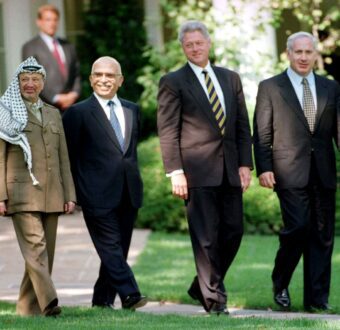
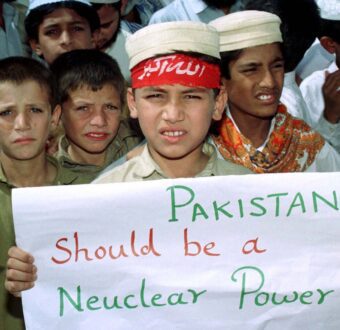

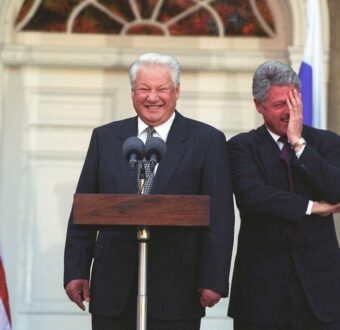

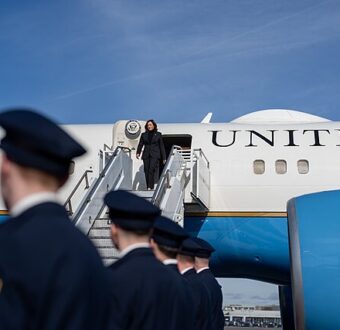
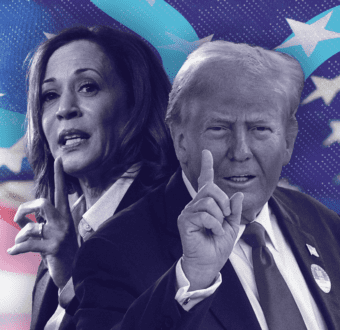


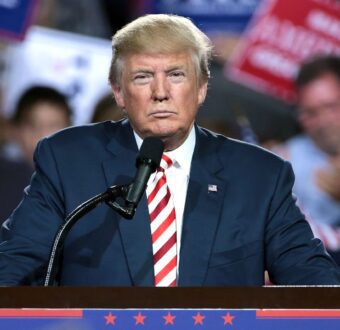



Put America first but not alone